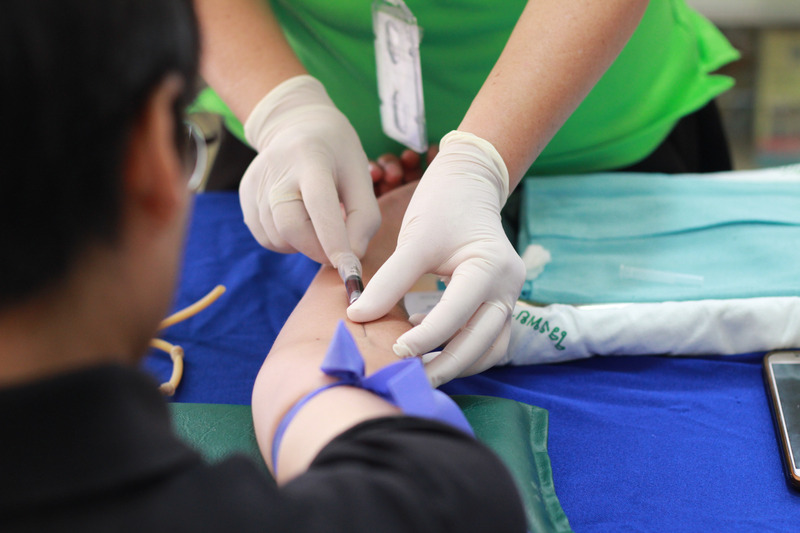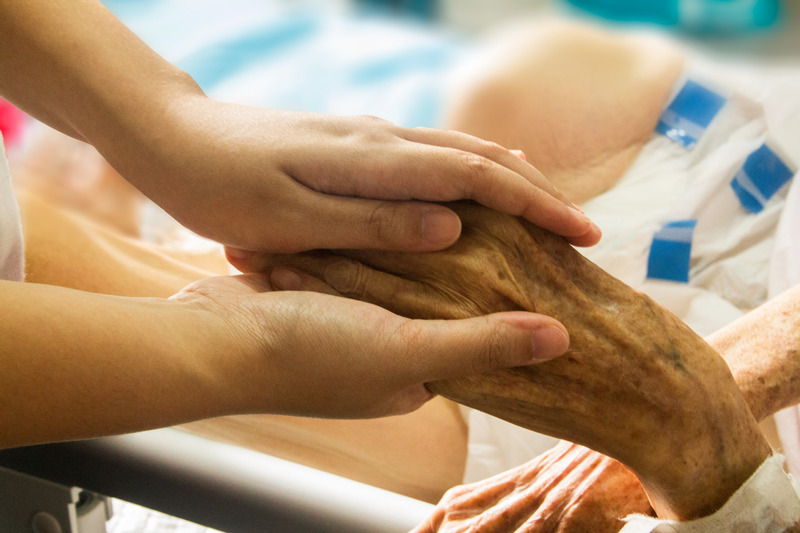If you or a loved one was subject to nursing home neglect during a stay at a nursing home, it may be confusing how it happened and who was at fault. The nursing staff at the nursing home have different training, roles, and responsibilities so not all may be equally culpable. Below are summaries of the different types of nursing staff, their responsibilities, and how they can be at fault for nursing home neglect. If you are looking for the rules and regulations surrounding the number of staff nursing homes must have present we have that information covered in a previously published blog.
The Responsibilities of Certified Nursing Assistants (CNAs).
A certified nursing assistant must be under the direction of a licensed nurse. Typically they have completed a state approved certified nursing assistant program. Their responsibilities include assisting nursing home residents with their activities of daily living (ADLs); obtaining and recording vital signs of a resident; assisting residents with transfers; positioning residents in correct body alignment in and out of bed; accompanying residents for appointments outside of the nursing home; performing skin care treatments; feeding and assisting residents with meals and hydration; recording residents’ oral intake and output; answering call bells promptly and delivering messages, cleaning up spills and other accidents; collecting soiled linen and obtaining clean linen.
Examples of fault with a CNA for nursing home neglect could involve incorrectly recording vital signs, not cleaning up spills resulting in slip and falls, not recording (and informing the nursing staff) of a lack of bowel movements suggesting constipation, or positioning residents in the bed in a manner that leaves them bruised and injured. If they perform a duty that required nursing supervision and a resident suffered harm as a result, the certified nurse who was supposed to be supervising them (or the nursing home itself) could be at fault.
The Responsibilities of a Licensed Practical Nurse (LPN)
A licensed practical nurse must be a graduate of an approved school for practical or vocational nursing, and must be certified by the state board of nursing. Generally they take part in nursing assessments and resident care planning, provide direct patient care, and supervise patient care by an unlicensed nurse. They have resident evaluation duties such as reporting and documenting data about a resident and reporting changes about a resident to a registered nurse. They also help implement a plan of care for a resident and make sure it is being carried out; administer medications and perform treatments per a doctor’s orders; communicate pertinent information about a resident to registered nurses or the resident’s doctor; monitor unlicensed staff; communicate information about the resident to unlicensed staff during and between shifts; ensure unlicensed staff is performing their job responsibilities; participate in shift-to-shift communication between incoming and outgoing nursing staff.

Examples of fault with licensed practical nurses include the staff not communicating between shifts so that they are aware of important health issues with a resident that need to be followed up on, not administering ordered medication or administering it at higher or lower doses than ordered, not reporting serious medical and/or physical changes about a resident to registered nurses or other staff, or not documenting critical health information about a resident.
The Responsibilities of a Registered Nurse (RN)
A registered nurse must be a graduate of an approved school of nursing and licensed by the state board of nursing. They must be able to perform a physical assessment of residents, identify symptoms, and manage emergency situations. They must also have knowledge of medications, their proper dosage, and proper usage. Their duties include collecting objective and subjective data about a resident; analyzing that data; identifying actual or potential problems with a resident based on that data; developing realistic goals for any problems identified with a resident; having an ongoing plan of evaluation of a resident’s outcomes; reviewing and revising, as needed, a resident’s plan of care; making sure that medical orders for the resident are accurately written; administering medication per a doctor’s orders; documenting resident interventions and the resident’s response to those interventions; supervising and delegating responsibilities to the other LPNs and CNAs assigned to a resident; making sure to communicate with the nursing staff and participating in shift to shift communications; communicating with a resident’s attending physician about a resident.
Examples of fault with a registered nurse include not communicating with the nursing staff between shifts so that they are aware of important health issues with a resident that need to be followed up on, not administering ordered medication or administering it at higher or lower doses than ordered, not reporting serious medical and/or physical changes about a resident to registered nurses or other staff, not supervising LPNs and CNAs on the nursing staff, not being able to recognize symptoms of a serious issue with a resident such as an ongoing infection or constipation.
Beyond the nursing staff there could be fault with executives in the nursing home such as the director of nursing (DON) or the Administrator of the nursing home. For example they may not have the nursing home adequately staffed giving an unreasonable work load to the existing nursing staff and not permitting them to spend sufficient time with the residents there.
To determine whether any harm you or a loved one suffered at a nursing home was due to the negligence of the nursing staff, or with those running the nursing home, will take a thorough review of the records by attorneys experienced at handling nursing home neglect cases. The Thistle Law Firm is made up of such attorneys. If you feel you or a loved one was harmed due to nursing home negligence or neglect, the attorneys at the Thistle Law Firm are here to take your call at 215-525-6824.

Dan Thistle grew up in Montgomery County, Pennsylvania and is a graduate of St. Joseph’s Preparatory School and the University of Pennsylvania. After graduating from Penn, Dan followed in his father’s footsteps and attended the Villanova University School of Law. In October, 2006, he was privileged to join him as a member of The Thistle Law Firm.

